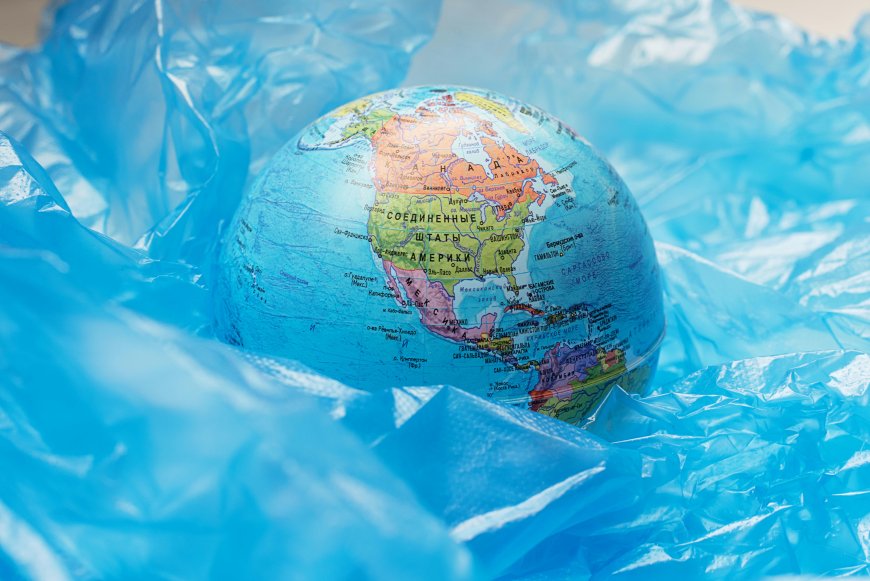The Plastic Pandemic: Why We Need to Ditch Single-Use Plastics
Discover the hidden costs of single-use plastics and learn how small changes can make a big difference for our planet. This blog explores the environmental and health impacts of plastic pollution and offers practical, sustainable alternatives.

We live in a world of convenience, and few things embody that more than single-use plastics. From the coffee cup lid to the grocery bag, these ubiquitous items have become an integral part of our daily lives. But beneath the surface of this convenience lies a harsh reality: a global crisis of plastic pollution that is harming our environment, our wildlife, and even our own health. It's time to understand why we need to break up with single-use plastics for good.
The Environmental Toll
The most visible impact of single-use plastics is the damage they cause to our environment. Every year, millions of tons of plastic waste enter our oceans, rivers, and landfills. This plastic doesn't biodegrade; instead, it breaks down into smaller and smaller pieces called microplastics. These tiny fragments are now found everywhere, from the deepest ocean trenches to the highest mountains.
-
Ocean Life in Peril: Marine animals, from sea turtles to seabirds, often mistake plastic for food, leading to internal injuries, starvation, and death. Entanglement in plastic debris is another major threat, leaving animals trapped and unable to survive.
-
Contaminated Ecosystems: Microplastics absorb toxins from their surroundings. When ingested by small organisms, these toxins move up the food chain, ultimately reaching the fish we eat.
-
Clogged Landfills and Waterways: Our waste management systems are struggling to keep up with the sheer volume of plastic waste. Plastic bags, bottles, and packaging clog drains, cause flooding, and take up valuable space in landfills, where they will remain for centuries.
The Hidden Health Risks
The environmental impact is just one part of the story. The chemicals used to make plastics, such as BPA and phthalates, are known endocrine disruptors. This means they can interfere with our body's hormone system, potentially leading to a range of health issues, including developmental problems, reproductive issues, and certain types of cancer. When we drink from plastic bottles or heat food in plastic containers, these chemicals can leach into our food and water, posing a silent threat to our well-being.
The Economic Burden
While single-use plastics may seem cheap, they come with a significant economic cost. Municipalities spend vast amounts of money on waste collection and cleanup. Fishing industries and tourism sectors lose billions of dollars annually due to plastic pollution. The long-term costs of environmental and health damage far outweigh the short-term convenience of a plastic bag.
Making a Change: Practical Alternatives
Breaking up with single-use plastics doesn't have to be difficult. It's about making small, intentional changes that add up to a big impact.
-
Reusable Bags: Carry a reusable tote bag for groceries and shopping.
-
Reusable Water Bottles and Coffee Cups: Invest in a durable water bottle and a travel mug for your daily hydration and coffee fix.
-
Say "No" to Straws: Politely decline plastic straws at restaurants and cafes, or carry your own reusable metal or bamboo straw.
-
Bulk Shopping: Shop in the bulk section of your grocery store to reduce packaging waste.
-
Support Plastic-Free Businesses: Choose companies that are committed to sustainable packaging and practices.
Conclusion:
The convenience of single-use plastics has come at a great cost to our planet and our health. But the good news is that we have the power to change this narrative. By making conscious choices and embracing sustainable alternatives, we can reduce our plastic footprint and contribute to a healthier, cleaner future for all. It's time to recognize that the small act of saying "no" to a single-use plastic item is a powerful step towards a more sustainable world. Let's break up with plastic, for good.







